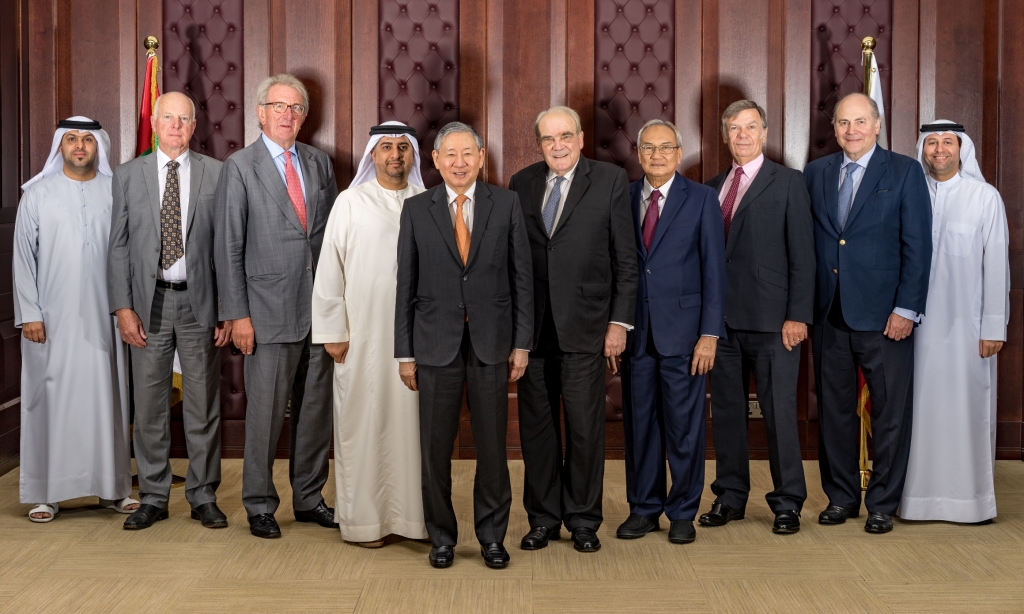
Business confidence in DIFC Courts reflected in 2016 case value growth
2016 was another record year for the DIFC Courts as Dubai’s established English-language commercial courts handled cases totalling AED5.85 billion (USD1.59 billion), up 5 per cent year-on-year.
The main Court of First Instance (CFI) handled approximately the same number of cases as in 2015 but saw the average value of each increase by 17 per cent to AED104.58 million (USD28.46 million), as global business continued to place its trust in the DIFC Courts. The total value of cases heard by the CFI in 2016 was AED2.71 billion (USD739.9 million), up 22 per cent year-on-year.
One of the factors driving this growth has been the legal sector choosing to opt-in to the DIFC Courts’ jurisdiction. A new DIFC DRA Academy of Law survey of 122 commercial legal practitioners involved with cross-border transactions in the Middle East in 2016 found that half (57 per cent) of respondents report using the DIFC Courts opt-in clause, even if their clients are located outside of the financial free zone. The same survey found that enforceability, fairness and speed are the three primary reasons for choosing a particular dispute resolution method, and these are all areas in which the DIFC Courts excel.
DIFC Courts Chief Justice Michael Hwang said: “In a challenging year for the world economy, the DIFC Courts’ proven dispute resolution expertise was once again highly valued by the business community. Alongside serving the needs of court users, we made further progress in our ambitious five-year strategic plan to be among the world’s leading commercial courts by 2021, including notable achievements in judicial excellence and innovation, customer service enhancements, and collaboration with our local and international peers. We look forward to continuing this work in 2017 and to helping to make the UAE one of the best places in the world to do business.”
The DIFC Courts’ Small Claims Tribunal (SCT), which was the region’s first dispute resolution service of its kind the when it was established in 2007, continues to grow in popularity, handling claims totalling AED20.16 million (USD5.49 million) in 2016, up 5 per cent year-on-year, with the average claim being AED92,902 (USD25,280), up 4 per cent year-on-year. Last year saw a significant advance in its ability to serve the users with the launch of the region’s first “smart” SCT, which enables individuals or smaller companies to participate in hearings from anywhere in the world.
Mark Beer, OBE, Chief Executive and Registrar of the DIFC Courts, added: “In 2016, the DIFC Courts continued to be the preferred dispute resolution forum for businesses of all sizes from both the UAE and overseas. Key attractions were our exceptionally strong enforcement regime, judicial bench and efficient, customer-centric processes, which were all enhanced over the last 12 months. The ability of the DIFC Courts to support business and economic growth has not gone unnoticed, and we were particularly proud to partner with judicial systems, governments and free trade zones at home and abroad as our regional and global connectivity grows.”
The DIFC Courts’ work to connect with other leading jurisdictions both at home and abroad saw several notable agreements signed in 2016. They became the first foreign commercial court to sign a cooperation agreement with the Shanghai High People’s Court, the foremost business court in the commercial and financial centre of mainland China. This landmark move was followed by agreements with Government departments within the emirate of Ras Al Khaimah and other free trade zones in Dubai to enable businesses to more readily access the DIFC Courts’ dispute resolution services.


























